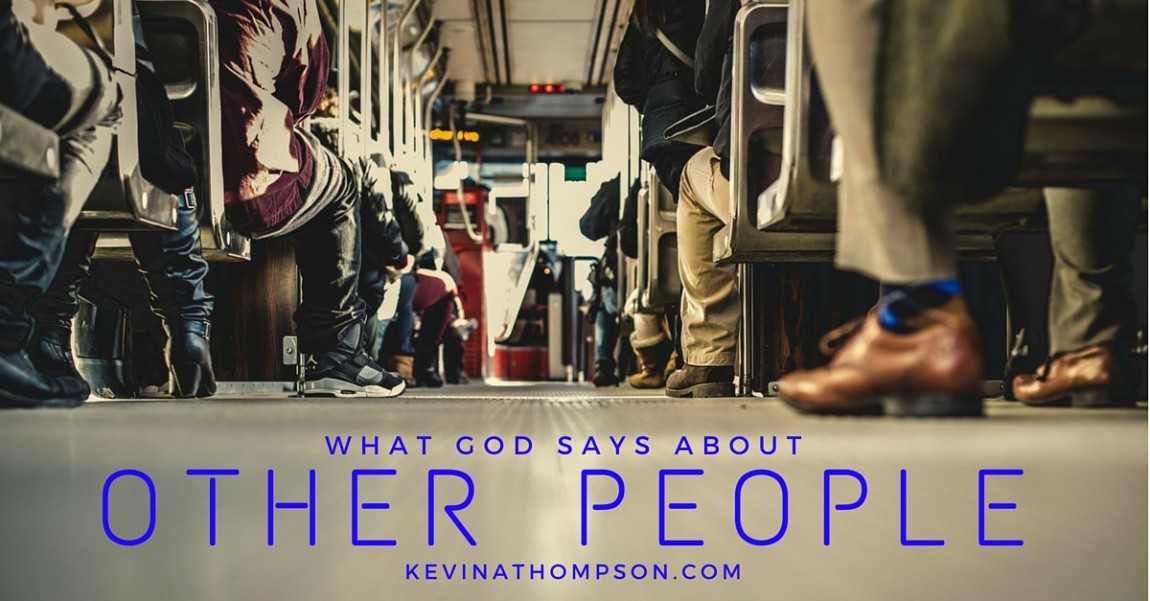What happens to your ex after the divorce?
Does the person who takes your job after you leave get credit for your work?
Does someone who makes bad choices seem to get away with them without any negative consequences?
Most people spend an inordinate amount of time worrying about other people. It’s a habit which begins in childhood. (See: How to Respond to Mean People)
It is amazing how helpful my children desire to be whenever it comes to the punishment of their brother or sister. The same two children who are nowhere to be found when it is time to clean up their rooms, are right by my side when their sibling has made a mistake.
- “What’s her punishment going to be?” Silas will ask.
- “Is he going to timeout?” Ella will question.
- “Do you know what I think should happen?” They both will offer.
There is no better expert on human justice than a child. From the earliest of ages, humanity is equipped to recognize injustice and to offer a remedy for the problem. Of course we can only see the unfairness when we feel slighted. No child will receive two pieces of candy and object because it is unfair their classmates only got one. No little brother will give up his piece of chocolate cake because it’s the last slice and his older sister wouldn’t get any.
We are naturally trained to ensure our own fairness. Because of this perspective, we are continually comparing ourselves to other people.
- Who wouldn’t love to see a company compensation sheet to make sure your pay is in line with others?
- Who isn’t hurt when a sibling gets more of the inheritance?
- Who isn’t fascinated to know if someone paid less for a car than you did?
By nature, we are continually comparing ourselves to others. But there is a key principle regarding other people:
What God does with other people is none of our business.
None. (See: Never Give Up On People)
Of no concern.
It should have no direct impact on our lives.
It is our business how we should help others. We should always have compassion toward others. Even when it is difficult, we should hope for their best.
However, it is none of our business what God chooses to do with them. At the end of John’s gospel, the resurrected Jesus is talking to Peter. After a significant failure, Peter needs to be restored. But as they are talking, Peter sees John and asks of Jesus, “Lord, what about this man?”
It’s the question which interests us all. While we want to know what God might do with us, we really want to know what he is going to do with others. Will their outcome be better than ours? Will they have to pay for their mistakes? Will they get what they deserve?
While we might ask the question in a variety of ways, I can’t help but think that God always answers the question the same way he did to Peter…”What is that to you?”
Of course the answer is “nothing.” What God does with other people is not our business. It shouldn’t affect our action, attitudes, or beliefs. It shouldn’t make us more or less faithful. While we are interested, the information we seek is not something we need. We wonder because we are nosy and God rarely desires to appease our meddling. (See: A Comprehensive Guide to Dealing with Offensive People)
If your ex spends the rest of his life alone or if he meets someone ten years younger and gets married next week, what is that to you?
If your former company can’t survive without you or experiences great success in your absence, what is that to you?
If someone makes the same choices as you but gets far better results, what is that to you?
What God does with other people is none of our business. The more we allow that truth to permeate our lives, the better off we will be.




6 Responses to What God Says About Other People